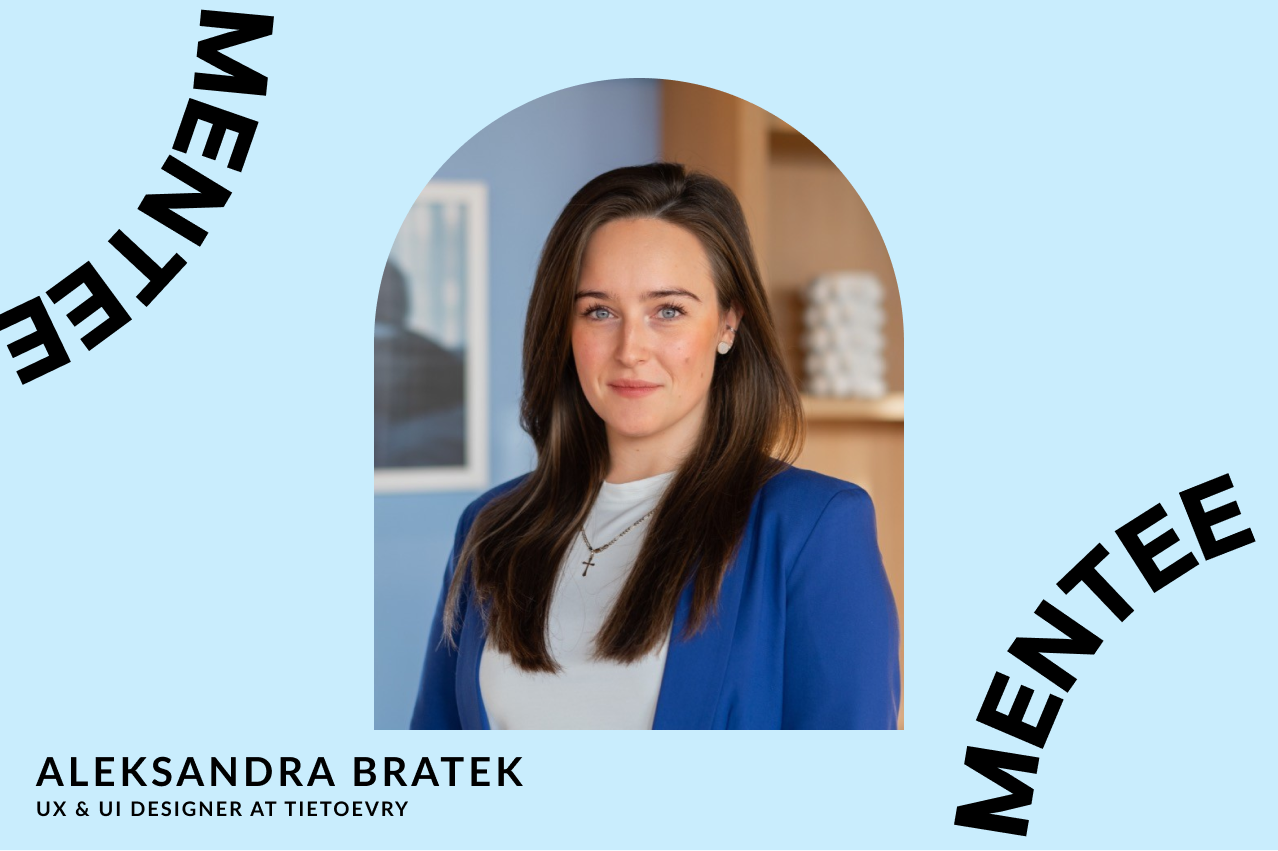
Unlocking your full potential in mentorship requires setting clear and strategic goals. Utilizing the SMART framework provides you with a structured approach for both mentors and mentees. This methodology ensures that your goals are well-defined, attainable, and aligned with your individual aspirations. In this article, we explore practical examples of SMART mentoring goals across diverse fields, ranging from UX design and marketing to IT/tech and HR/people ops. By delving into these examples, you can gain insights into crafting goals that propel your professional growth and development through effective mentorship.
Under the SMART framework, the goal must be Specific, Measurable, Achievable, Relevant, and Time-bound. Mentee and mentor can use this methodology within any other goal-setting strategy; for example, Key Results in OKRs can be set using SMART goals.
The SMART framework helps to set specific goals and easily identify what a mentee wants to achieve, why they want to achieve it, whose help they'll need, and where it will happen. A measurable goal helps set a clear benchmark to identify the point when the goal is achieved. However, this goal should be also Achievable to allow the chance of reaching this goal. A relevant goal is one that corresponds with the current state, personal values, and factors surrounding a mentee. Finally, a Time-bound goal defines when it should be achieved to be considered done.
What is an example of a SMART goal for mentorship? If to take a similar example that was used before - Advance career from current role to Senior - and rewrite it as one of the SMART goals examples, the result will be:
Specific - Advance career in my current company from Specialist to Senior Specialist
Measurable - Spend 10+ hours shadowing Senior and acquire one professional certification
Achievable - Use two hours every week to work on career goals
Relevant - Use the career progression plan provided within my company
Time-bound - Advance career by the end of this year
Try our free SMART goals generator to define your career goals according to the SMART framework.
Non-SMART goal:
Improve UX design skills.
SMART goal:
By the end of the next quarter, enhance proficiency in usability testing by conducting at least three user testing sessions, incorporating feedback into design iterations, and achieving a minimum 15% increase in overall user satisfaction scores.
Non-SMART goal:
Stay updated on industry trends.
SMART goal:
Subscribe to two reputable UX design blogs and attend one industry webinar each month for the next three months to stay abreast of emerging trends. Apply insights gained to propose and implement at least one innovative UX improvement in an ongoing project by the end of the fourth month.
Non-SMART goal:
Get familiar with design software.
SMART goal:
Over the next month, complete online tutorials for a UX design tool (e.g., Figma or Sketch), create a simple design project using the tool, and receive feedback from my mentor on the proficiency achieved.
Non-SMART goal:
Learn about content marketing.
SMART goal:
Within the next three months, read two industry books on content marketing, develop and implement a content calendar for the company blog, and aim for a 15% increase in organic traffic to blog posts.
Non-SMART goal:
Understand customer segmentation.
SMART goal:
Over the next three months, conduct market research to identify and define target customer segments, create personalized marketing campaigns for two identified segments, and measure success by a 10% increase in conversion rates among those segments.
Non-SMART goal:
Enhance email marketing knowledge.
SMART goal:
Over the next three months, complete an email marketing certification, optimize three email campaigns for better open and click-through rates, and achieve a 10% increase in conversion rates from email subscribers.
Non-SMART goal:
Get better at coding.
SMART goal:
Over the next two months, schedule bi-weekly coding sessions with my mentor to review code samples, complete three coding challenges together, and achieve a 20% improvement in code efficiency and readability.
Non-SMART goal:
Learn about programming languages.
SMART goal:
Within the next three months, complete an online course on Python programming, develop a small software project using Python, and demonstrate proficiency by successfully solving three coding challenges.
Non-SMART goal:
Explore DevOps practices.
SMART goal:
During the next three months, have monthly mentorship sessions to discuss and implement DevOps principles in a real-world project, automate at least three manual processes in the development pipeline, and achieve a 25% reduction in deployment failures.
Non-SMART goal:
Improve recruitment skills.
SMART goal:
Within the next two months, enroll in a recruitment training program recommended by the mentor, lead the end-to-end hiring process for two positions, and achieve a 10% increase in the quality of candidates hired, as measured by their performance after three months.
Non-SMART goal:
Understand HR analytics.
SMART goal:
During the next three months, engage in bi-weekly mentor-guided discussions on HR analytics, analyze workforce data to identify one key insight, and present findings to the mentor, demonstrating a 15% improvement in using data for HR decision-making.
Non-SMART goal:
Improve employee training and development skills.
SMART goal:
Over the next six weeks, participate in a training and development workshop recommended by the mentor, design and deliver a training session for a specific team, and measure the effectiveness by conducting pre- and post-training assessments, aiming for a 25% improvement in post-training performance.
Non-SMART goal:
Become a better leader.
SMART goal:
Over the next three months, schedule bi-weekly mentoring sessions to discuss leadership principles, identify and work on two specific leadership skills (e.g., effective communication and decision-making), and demonstrate improvement by receiving positive feedback from team members on the application of these skills.
Non-SMART goal:
Develop strategic thinking skills.
SMART goal:
During the next three months, engage in monthly mentor-guided discussions on strategic thinking, identify and execute one strategic initiative for the department, and measure success through key performance indicators, targeting a 10% improvement in departmental efficiency.
Non-SMART goal:
Improve conflict resolution abilities.
SMART goal:
Over the next six weeks, participate in a conflict resolution workshop recommended by the mentor, proactively address at least two conflicts within the team, and measure success by a reduction of 20% in recurring conflicts, as reported by team members.
Struggling to set up your SMART goals? Maybe you know that you would like to work with a mentor, but can’t decide which areas to focus on and how exactly you want them to help you? In these cases, we highly recommend looking into our Coaching & Mentoring program. This program combines the best of the two practices of coaching and mentoring.
First, you will be matched with a certified coach for 3 or 5 sessions according to your choice. Your coach will help you explore the areas where you want to develop and help you define your SMART goals in a way that will benefit you most.
After your coaching sessions, you will be matched with your personal mentor for 1:1 mentorship meetings over the course of 6 months. Your mentor will be your supporter and guide in reaching the SMART goals you set up. Start your journey today!


